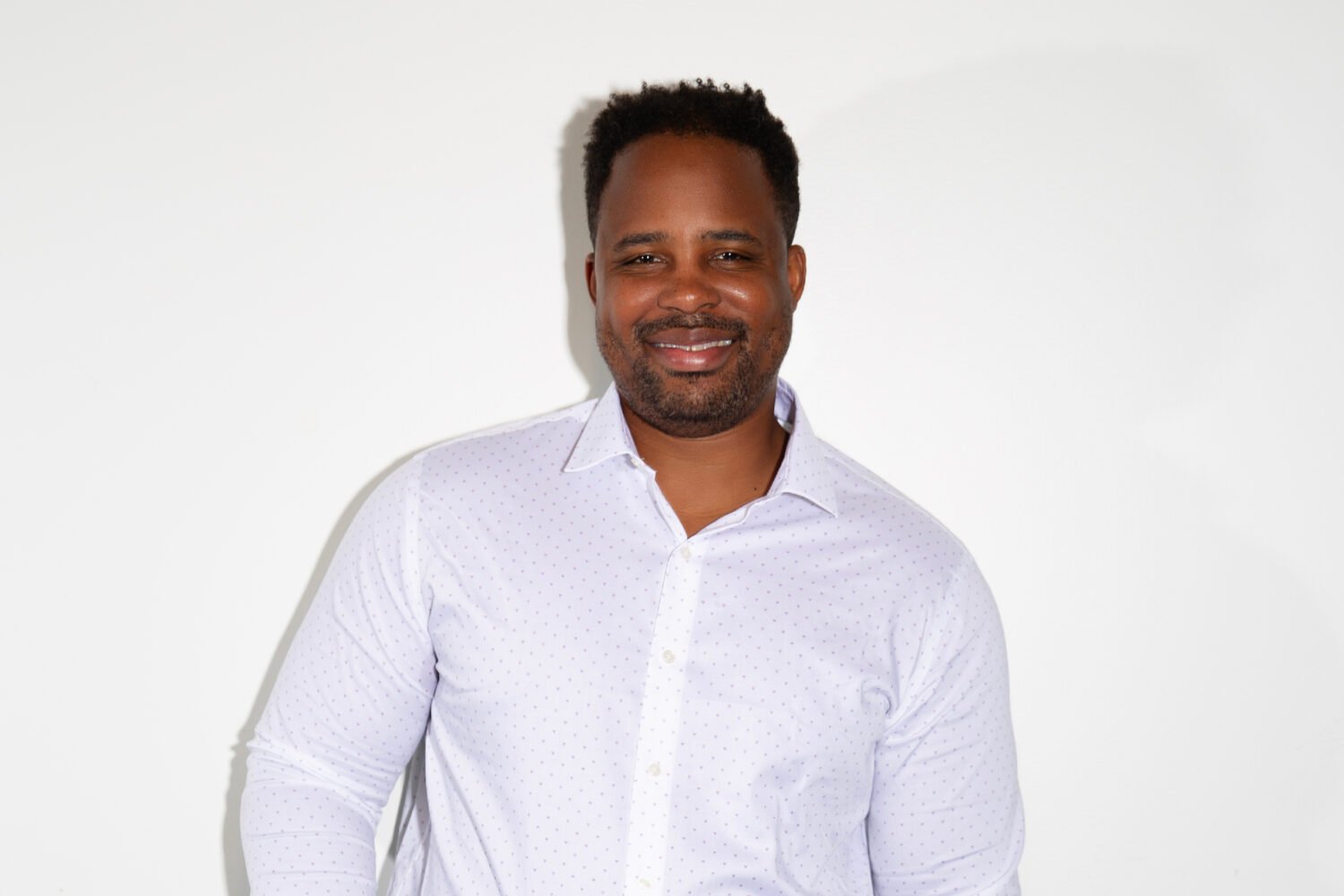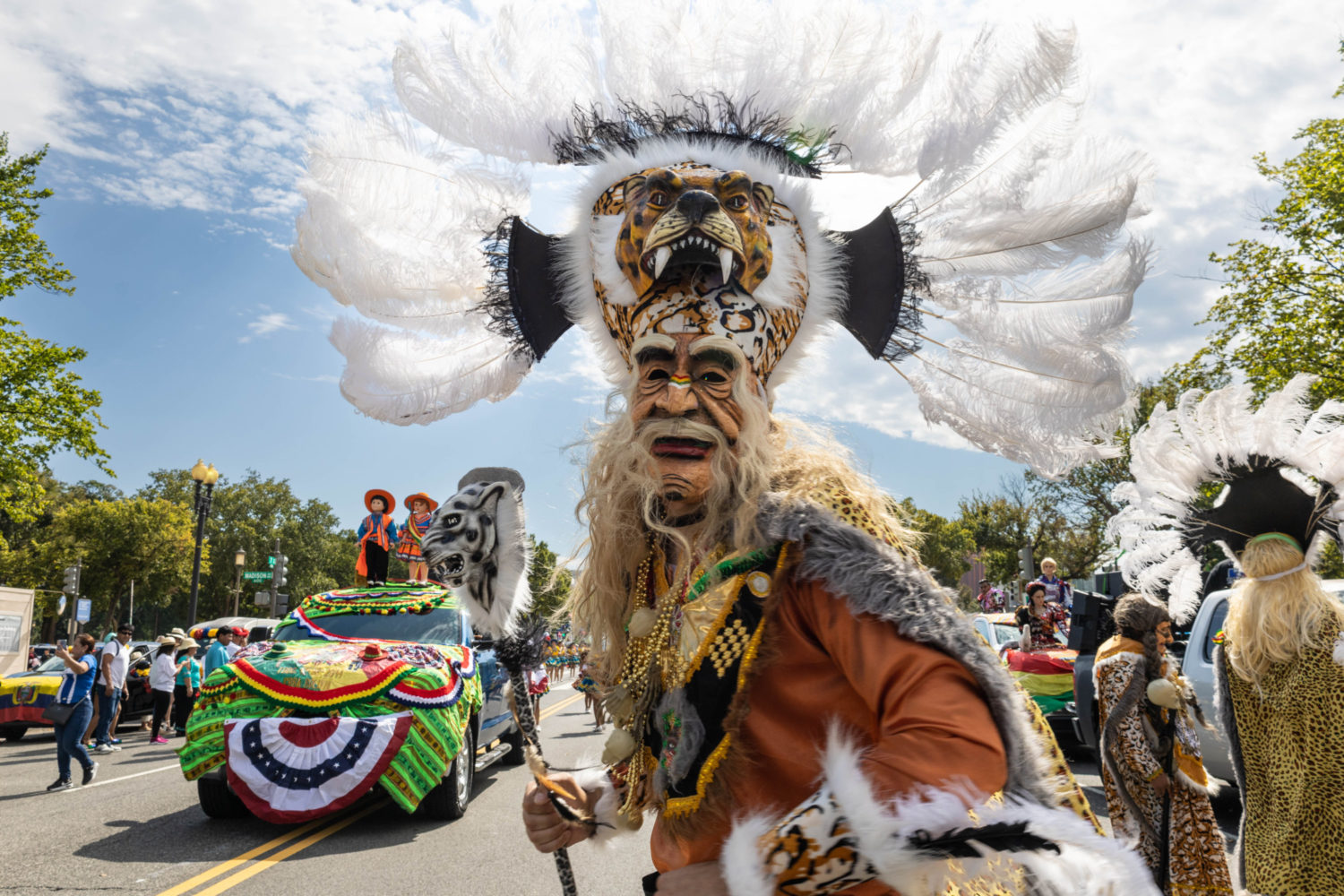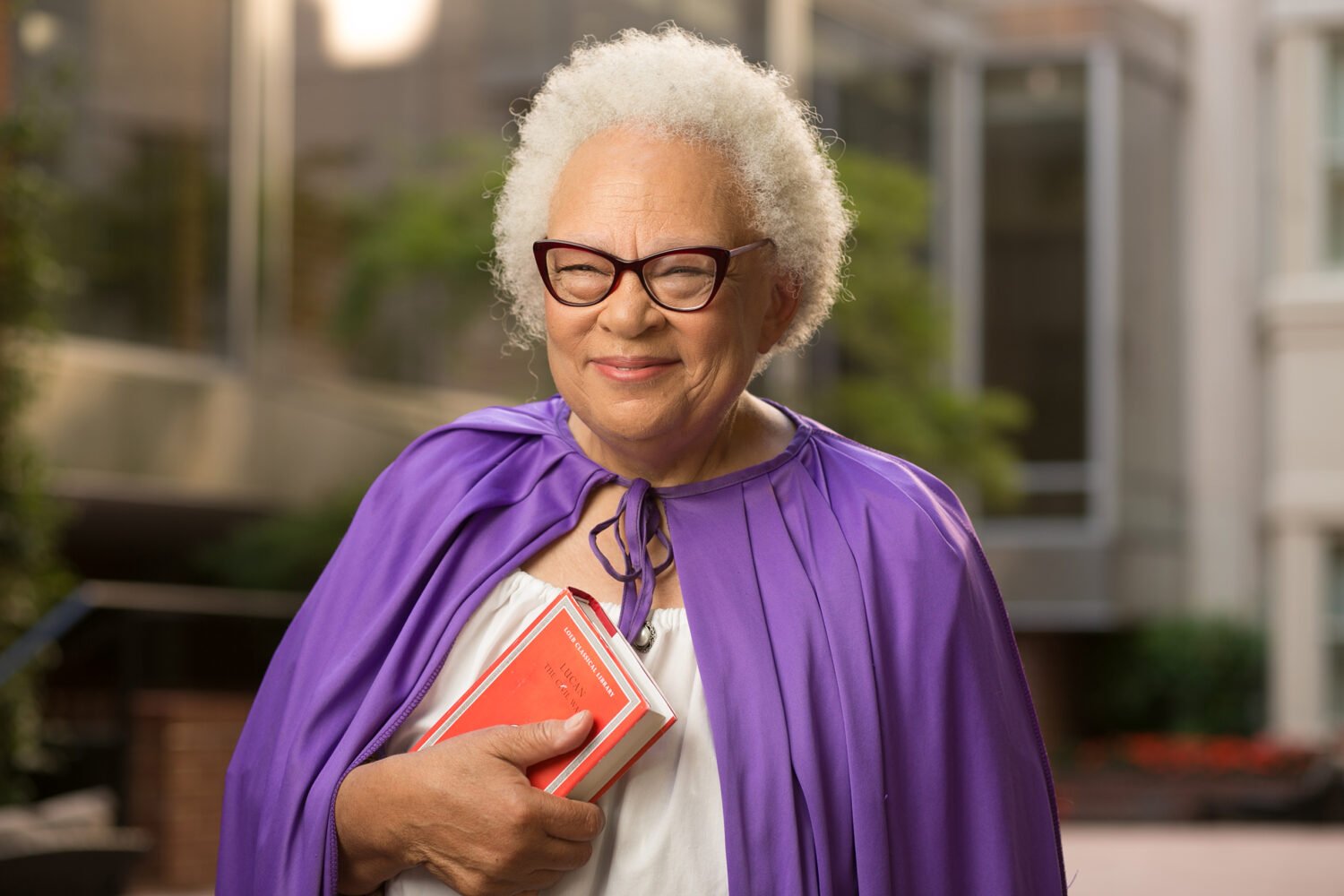You remember Plato. Greek guy, political thinker—perhaps, in the White House view, the Karl Rove of his age. He was worried even then about the quality of the system. “One of the penalties for refusing to participate in politics,” he wrote, “is that you end up being governed by your inferiors.”
This concern can be applied to the 2008 presidential campaign. American voters have to pay closer attention to politics if they want to avoid four years of whining about the outcome.
We cannot depend on politicians or their handlers to repair the system. Politics is an imitative business, and the first instinct of every candidate is to replicate what worked last time.
But the context is different today. Campaign coverage comes at voters from more directions. Although the television networks still have the single largest audience—more than 25 million Americans watch the network evening-news programs—cable TV, talk radio, and legions of bloggers provide enough self-anointed experts to please any persuasion. The new media outlets have the ability to point out situations needing a remedy. But they also are prone to pass on crackpot theories and to magnify misinformation.
So if the campaign of 2008 is to be a success, the voters will have to change the way they follow and judge the candidates. It is not enough to say “they’re all the same” or to choose “the lesser of two evils.”
At this early stage, the picture is blurry. There’s the impact of the Democratic success in the midterm election. And there is an army of potential candidates in each party. You can list at least 20 Democrats and a dozen Republicans who have shown some interest. I remember asking Senator Ernest Hollings in 1983 if he was thinking about running and getting his reply in his rich Carolina drawl: “Jack, all senators think about it all the time.”
Many of these will find their ambitions stifled in the crib or, like Mark Warner, decide they just don’t want to go through the ordeal. Some won’t be able to raise the money. Others will decide they have a little personal history they don’t want exposed to their kids, let alone the world. Still others will be scuttled by political problems.
Twenty years ago, Richard Celeste, then Democratic governor of Ohio with designs on the 1988 presidential nomination, was delighted when the party chairs scheduled a meeting in Cleveland. He knew it would attract the national political reporters, and he could be counted with the other potential candidates. But he didn’t figure on Tim Hagan, the Cuyahoga County Democratic leader. On the day the meeting opened, the Cleveland Plain Dealer carried a story about a poll of Ohio voters commissioned by Hagan. It found that 69 percent thought the governor should stay home, and only 21 percent thought he should run for president.
When reporters asked Hagan why he had ordered the poll, he would say only: “The figures speak for themselves.” When I pressed him over lunch, it turned out there was more to it, going back to the national Democratic convention three years earlier. As governor, Celeste controlled Ohio’s tickets for spectators as well as delegates. And he had refused to give any to Hagan’s three brothers.
“You leave my brothers standing out on the sidewalk,” said Hagan, “and I’m not going to forget about it.”
While the Tim Hagans may cull the field, it is the voters who decide in the end. Here are 12 ways to be a better voter.
1. Let the candidates be human. Attack politics costs us dearly in terms of insight into the candidates. In a presidential campaign, the focus is so tight that the politicians are afraid to say anything that hasn’t been scripted. The day is long past when a Jimmy Carter, trying to explain who he was, could admit to occasional lust in his heart.
Reporters don’t enjoy the kind of exposure to candidates they had in the past because the candidates and their handlers fear a slip of the tongue will be blown up into a hot story. There is a price for this separation, a sterility in describing candidates that can paint a false picture.
In 1968, Robert F. Kennedy was the “ruthless” candidate—but he was far more complex. I spent one evening on a flight from Omaha to Washington sitting with him in the back of his campaign plane while we drank everything but the furniture polish and talked about the life of kids in America—the poor black youngsters we had seen in Omaha that day, the children of affluence like his own, the children of the middle class like mine. I didn’t take a note or write a word about it, but it shaded my view of Bob Kennedy in a way reflected in my coverage. He was a serious man trying to find answers as well as to win the Nebraska primary.
An incident in the last presidential campaign showed how rough the roads are these days if candidates are not careful. Interviewed in an article in the New York Times Magazine, John Kerry was asked what it would take for America to feel safe again after 9/11. “We have to get back to the place we were, where terrorists are not the focus of our lives, but they’re a nuisance,” he said, then cited other concerns such as prostitution and illegal gambling. “It’s something that you continue to fight, but it’s not threatening the fabric of your life.”
It was a discursive answer that gave some insight into the thinking of a candidate for president. But the use of the word “nuisance” was a blunder. Before the day had passed, there was Dick Cheney before the cameras wringing his hands because Kerry had shown he was unfit to be the president. Calling 9/11 a nuisance! Comparing 9/11 to prostitution or gambling!
A defining moment in American presidential politics in our time.
2. Remember that we are electing a head of state, not a moral arbiter or a national pastor. Turn a skeptical eye on candidates who blather on about “family values” and spread God over their campaign rhetoric like so much molasses.
Politicians read the polls that show 85 or 90 percent of the voters profess a belief in God, so they identify themselves with religion, often only to the degree necessary to reach the constituency they are targeting. In a lifetime of reporting on politics I have encountered only one holder of high office who admitted to being a nonbeliever: the late senator Ernest Gruening of Alaska, a man of many dimensions. But there have been a suspicious number of senators and congressmen who professed to be Unitarians. At the other end of the spectrum, there’s a surprising number today who claim to have been “born again.”
No one should question their right to their beliefs, only attempts to impose religious dogma on public policy. How much long-term harm has been done by a White House essentially hostile to science on issues such as global warming and stem cells?
3. Make sparing use of checklists of issues, like those presented by the League of Women Voters and other terminally earnest people. There may be a single issue that can be a dealbreaker for you. That was the case, legitimately, for many Americans with civil rights and with the war in Vietnam, and it may be the case today on both sides of the abortion-rights question. But trying to find a candidate who is “right” on, let’s say, seven of ten issues isn’t the way to do it. For one thing, you cannot foresee what situations may arise in the next four years. Did anyone know Iraq was such a bone in the throat to candidate George W. Bush?
Nor do candidates’ position on an issue tell us how intense their feeling might be or what priority they might assign to it.
There are Republicans who call themselves right-to-lifers who wouldn’t support a constitutional amendment to outlaw abortion or make opposition to abortion rights steer their decisions on judgeships or science policy, whatever the GOP platform may say.
4. Don’t buy into the notion that foreign affairs and national security are so arcane that they require special preparation. The Soviet empire came apart while a former governor with no foreign-policy expertise, Ronald Reagan, was in the White House. The single most important breakthrough in the Middle East, the peace treaty between Israel and Egypt, was brokered by a president with a single term as governor of Georgia, Jimmy Carter.
The reality is that both parties have permanent establishments of foreign- and security-policy experts. The trick for any president is being smart enough to accept advice from the right people.
5. Don’t put too high a priority on intellect. Carter was arguably the brightest president since Woodrow Wilson yet was unable to carry out a successful presidency. However, voters should require some evidence of at least minimal interest in public-policy questions.
The press won’t help you here. Newspapers and networks are reluctant to say that a presidential candidate is dumber than a post. Instead, we dodge around it, muttering about how articulate the candidate may be or tracking down his grades in high school. Rather than fretting about IQ scores, voters should try to determine what candidates read—other than the Bible, which they all say they read—and the kind of people with whom they spend their time. How much of their lives has involved public policy?
I was given an early clue about candidate George W. Bush during the New Hampshire primary campaign late in 1999. I had dinner one night with a Bush adviser who said he had been reading and enjoying a memoir I had just published. I thanked him, then remembered that in the memoir I had described the first George Bush as “the most vacuous man” to occupy the presidency during my lifetime. Given the candidate’s affection for his father, I realized I would have little standing if I wanted to see him once he read my assessment.
“Do me a favor,” I asked the adviser. “Keep the book away from the candidate for a while. I’ll owe you one.”
“You don’t have to worry about that, Jack,” my dinner companion replied. “He never reads a book.”
6. Follow the New Hampshire primary campaign. In their craze for politically correct diversity, the Democrats have added South Carolina (more black voters) and Nevada (more Latinos and union members) to their early delegate-selection schedule. In theory, this will dilute the influence of the Iowa caucuses and New Hampshire primary. But New Hampshire still can expect more of the media attention and more of the candidates’ time through 2007.
What this offers to voters is the single best chance they will be afforded to see the candidates when they are not yet totally programmed by handlers. The New Hampshire campaign lasts several months, and the voters get a close view.
By primary day they know the candidates quite well—enough so that in 2000, they chose John McCain over George W. Bush by 19 percent, a verdict that should have told us more than it did.
Voters elsewhere cannot hope to replicate the experience of those on the ground in New Hampshire. But they can still gain some insight by reading good newspaper coverage and by watching C-Span’s Road to the White House. Those reports follow the candidates as they walk the streets of Nashua, drop into coffee shops in Plymouth, or meet with 300 voters at a town meeting in Rye or 30 in someone’s living room in Keene. The candidates are asked enough questions from such a variety of people that they occasionally reveal themselves despite the efforts of their managers to script every moment.
Ronald Reagan essentially captured the 1980 Republican nomination by the forceful way he handled himself in a celebrated confrontation with a hesitant George H.W. Bush over the ground rules for a debate in Nashua. Polling showed a narrow Reagan lead blooming into a runaway primary victory four days later.
7. Don’t ignore the two parties’ national conventions. They are, of course, contrived displays intended to make a political point or avoid a political blunder. They are so dull that viewers have turned away, and the television networks have followed suit by cutting their coverage.
But for the voter trying to make a thoughtful decision, they can offer some insight. If, like Ralph Nader, you buy George Wallace’s old canard that “there ain’t a dime’s worth of difference” between the Republican and Democratic parties, you should watch enough to recognize the makeup of the two delegate populations. You also may learn something from the speeches.
Some conventions are worth attention because of the one significant decision often, although not always, made there: the choice of a vice-presidential nominee.
George H.W. Bush’s selection of Dan Quayle in 1988 spoke volumes about his view of the vice presidency as an office anyone could fill: Congenial persona required, some travel, hours flexible, some time for golf, no heavy lifting. As the news spread through the Republican convention-headquarters hotel in New Orleans, I encountered Senator William Cohen of Maine, but before I could get a question out of my mouth, he threw up his hands to forestall me and shrugged: “Don’t ask me what this is all about. I can’t imagine.”
8. Put the presidential debates in perspective. They are worth watching, but they are not the entire campaign. In the last four or five campaigns, in which the debates have been effectively institutionalized, too many voters have come to believe they can learn all they need to know in 90 minutes. Not so.
The most obvious value of these confrontations is that the candidates use them to put forward their basic campaign themes.
There are also those occasions in which the cameras catch a defining moment—the elder George Bush looking at his watch in 1992, Bill Clinton in that same debate stepping away from his podium to speak directly to a young woman who had asked about the problems of the economy.
Part of the problem for the viewer is that the politicians and political reporters tend to treat the debates largely as theatrical exercises that must be reviewed in terms of political ramifications. The premium placed on “winning” is clear in the evolution of the aftermath of any presidential debate—the press room filling up with the staff members and officials for each side offering their canned version of what just happened.
After the first Bush-Clinton debate of 1992, I was writing my story for the Baltimore Sun when John Sununu, the White House chief of staff, sidled up to my desk and began offering his line. “Wait a minute, John,” I said. “You’ve been refusing to return my phone calls for four years, and now you expect me to listen.” A little arrogant, perhaps, but as they say, what goes around comes around.
9. Don’t believe the television spots, none of them on either side. They are all lies to one degree or another. The negative ones are usually distortions if not lies. But even the positive ones portray candidates as better than they are.
Campaigns keep using negative spots because they work. Newspapers try to play cop by running boxes analyzing the ads, parsing their claims and pointing to their knavery. It doesn’t mean a thing.
What the political operatives know is that if you repeat something enough, voters will begin to believe it on theory that “if there’s smoke . . . .” In politics, where there’s smoke, there is someone trying to cloud your vision.
The attack on John Kerry by the Swift Boat Veterans for Truth was a classic case. The 2004 Bush campaign came up with this organization started with $500,000 from Texas oilman T. Boone Pickens. They announced to an eager press that they were planning to run a television commercial showing that Kerry’s medal-winning service in the Mekong Delta was a sham.
They didn’t have the money for a substantial television buy, but they didn’t need it. The networks aired the spot as “news” far more often than the group could have afforded to pay for it as advertising. Only the major newspapers independently investigated the allegations and found them false. In this case, where there’s smoke, there was a con job.
The Big Lie works in politics, and unless voters start paying more attention, there is no penalty for bad behavior.
10. Don’t buy into the “flip-flop” line. One of the bedrock tactics in our politics is the insistence on total consistency on all issues. When an opponent is found to have changed his mind, he is guilty of a “flip-flop,” a crime that disqualifies him for office. When dealing with members of Congress, there are rich lodes of votes to be mined. In many cases, members of the House or Senate may vote both for and against different versions of the same legislation—for their own party’s bill, against the opposition’s, for the final compromise.
11. Put the “gotchas!” In perspective. One favorite of the press and the opposition is a gaffe by a candidate that ostensibly reveals a dark side or exposes a weakness. And if it offends some ethnic group, all the better. Cable-news operations are particularly inclined to go wild with a gotcha. They have all those hours to fill and lack a JonBenet case to talk about every day.
But the real problem is the failure of the voters to pause and ask: Does this really matter? Does this tell us something? Or did the candidate just stumble?
In 1974, Jack Gilligan, a Democratic former congressman, seemed on the way to reelection as governor of Ohio—and to stature as a prospect for his party’s presidential nomination. It was a time when, thanks to Watergate, the first qualification seemed to be an address outside of Washington. But Gilligan had a smart mouth that sometimes led him into trouble. Asked while touring the Ohio state fair if he intended to watch the sheepshearing contest, he replied, “I don’t shear sheep, I shear taxpayers.”
It was said in jest, but the ever-vigilant press seized on it. Gilligan lost his reelection and his place on the national stage. And the country lost the services of a bright and capable politician.
12. Pay attention. We are choosing a president of the United States, not a sewer commissioner in Buffalo or another member of Congress.
The shape of the world and our own society has been radically altered by the decision we made the last time the presidency was open. And no one who has lived in this country for the last six years can argue that all the changes were inevitable and unavoidable after 9/11. Would a different administration have invaded Iraq?
Anyone who argues that it doesn’t make a difference should be sentenced to a long tête-à-tête with Ralph Nader—or perhaps a hunt breakfast with Dick Cheney.
Jack W. Germond has been a political reporter for more than 50 years and has covered politics from Washington since 1961.

















